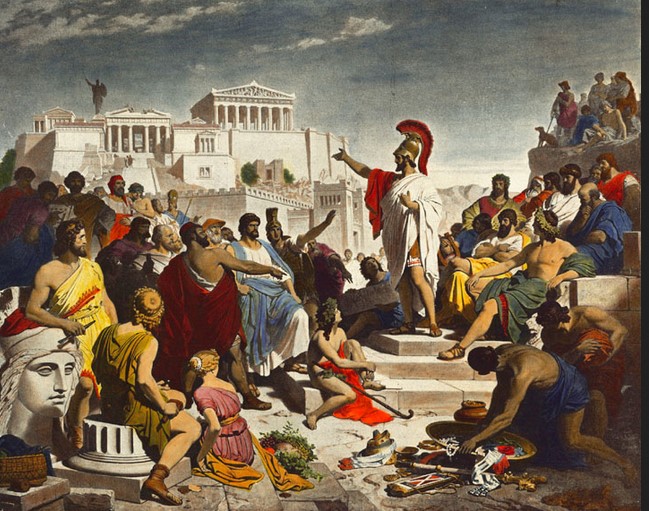In the fast-paced world of modern politics, it’s easy to believe that everything is new and unprecedented. However, a closer look at history reveals that many strategies used by ancient leaders are still applicable today. In this post, we’ll explore four timeless political strategies, drawing wisdom from the past to inform our present and future. Additionally, we’ll see how these enduring strategies align with the pursuit of success and wealth, a theme explored in the intriguing Ancient Secrets to Attract Wealth.
1. Building Strategic Alliances
Ancient rulers knew the importance of alliances. Be it through marriages, treaties, or mutual enemies, they understood that strength often comes from unity. Today, we see similar tactics in the form of political coalitions and international agreements. These alliances can be a powerful tool for achieving common goals.
2. The Art of Rhetoric
From Cicero to Confucius, ancient leaders mastered the art of rhetoric. They knew how to persuade, inspire, and mobilize their people. Modern politicians continue to rely on this skill, as seen in their speeches and debates. It’s a reminder that words, when used effectively, can be a powerful tool in shaping public opinion and policy.
3. Understanding Public Sentiment
Leaders like Julius Caesar and Emperor Ashoka were keenly aware of public sentiment and often made decisions to maintain or gain the favor of their people. In our digital age, this strategy manifests in the form of opinion polls and social media trends. Politicians must stay attuned to the public’s pulse, as highlighted in the article on Achieving Work-Life Balance in a Digital Age, which underscores the importance of understanding and adapting to contemporary societal trends.
4. Long-term Vision and Legacy Building
Ancient rulers were often obsessed with their legacy. They embarked on grand projects and reforms with an eye on history. Today’s leaders also focus on legacy but must balance it with short-term wins. This approach is similar to the principles of sustainable wealth and success management, akin to the strategies discussed in the article about 5 Surprising Legal Tips for Protecting Your Wealth.
In conclusion, these age-old strategies demonstrate the cyclical nature of politics and power. By studying the past, we can glean insights that are surprisingly relevant to modern governance. And for those interested in personal growth and success, the lessons from ancient rulers can be particularly illuminating, as seen in the “Ancient Secrets of Kings” review. Such wisdom transcends time, offering guidance for those seeking to carve their path in today’s complex world.
The Impact of Technology on Ancient Strategies

While ancient strategies in politics were based on personal interactions and physical presence, the advent of technology has drastically changed the way these strategies are implemented. The use of social media, digital campaigning, and data analytics has transformed traditional alliance-building and public engagement. Modern politicians can now reach a broader audience more efficiently, but this also means they must be more adept at managing their online presence and the spread of information. The challenge lies in adapting these ancient strategies to a digital world while maintaining their core principles.
Ethical Considerations in Modern Politics
One aspect of political strategy that has evolved significantly is the ethical framework within which leaders operate. Ancient rulers often acted with impunity, with little regard for ethical considerations as we understand them today. In the contemporary context, politicians are held to higher standards of transparency and accountability. This shift demands a more nuanced approach to strategy, where ethical considerations must be balanced with political objectives. The rise of global awareness and the ease of information dissemination have made it crucial for modern politicians to maintain an image of integrity and ethical conduct.
Leadership Styles: Then and Now
The leadership styles of ancient rulers were as varied as the cultures they came from. Some, like Alexander the Great, were known for their charismatic and bold leadership, while others, like Emperor Augustus, were more calculated and strategic. In the modern era, leadership styles continue to vary, but there is an increased emphasis on collaboration, inclusivity, and adaptability. Modern leaders are expected to not only guide but also listen, incorporating diverse perspectives into their decision-making process. This shift reflects a broader societal change towards valuing different leadership qualities, ones that foster a more holistic and inclusive approach to governance.




















